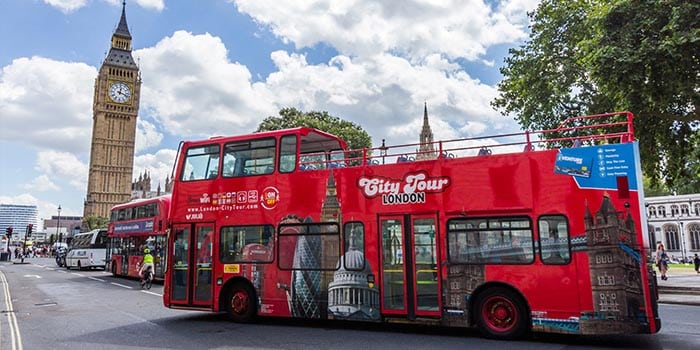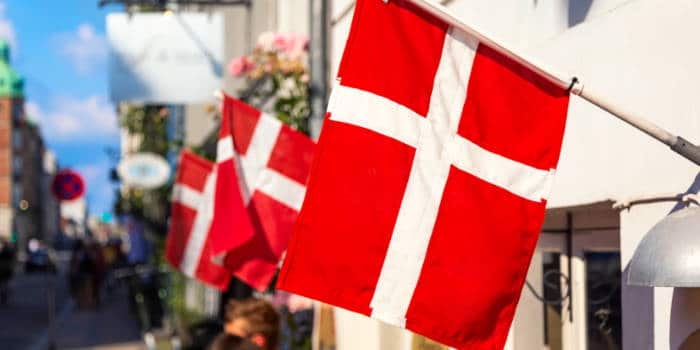Fact-checked by Angel Hristov
Calls for a Ban on Gambling Ads in London’s Public Transport Rise Again
The gambling harm rate in London is nearly twice the national average, with 5.6% of Londoners affected, compared to 2.9% across Great Britain, according to the latest Gambling Commission annual report

The issue of gambling advertisements on London’s buses, trains, and Underground stations has resurfaced, with Ministers now facing renewed pressure to establish a formal definition of harmful gambling. This would enable the Mayor of London to implement a ban on betting ads across public transport.
Organizations Call for Ban on Gambling Ads in London’s TfL
Proponents of adopting wider restrictions on gambling ads discussed how a city-wide framework could help reduce harm and coordinate local responses. BetknowMore, a gambling support charity, proposed the creation of a London-wide action group, uniting public health experts, local councils, and TfL officials to exchange data and establish a unified policy approach. TfL (Transport for London) is the government body responsible for overseeing public transportation in London, including buses, trains, the Underground, and other modes of transportation.
The reignition of the discussion comes after a new study by the UK’s Gambling Commission showed that over 1.4 million Britons struggle with gambling problems. Krupesh Hirani, Labour’s health spokesperson and London Assembly Member, described London as “the frontline of the nation’s gambling crisis.” He highlighted that communities throughout the capital are experiencing the impact of increased gambling harm, further exacerbated by broader economic challenges.
The gambling harm rate in London is nearly twice the national average, with 5.6% of Londoners affected, compared to 2.9% across Great Britain. According to the latest Gambling Commission annual report, released on October 2, half of Londoners have engaged in gambling over the past year. In the last four weeks, 37% of Londoners participated, though this figure falls to 23% when excluding the lottery.
The Debate Over Gambling Ads on London’s Transport Continues
As mentioned, the discussion to restrict, or even ban, gambling ads in public transportation vehicles and stations has been active before as well. London’s mayor, Sadiq Khan, promised to ban harmful gambling advertisements across TfL trains and buses during his election campaign. However, several years into his tenure, the mayor has yet to fulfill that promise, leading to Londoners criticizing him for not completing it.
The banning of gambling ads in the city’s public transportation isn’t just a political tool, however, as it could have major impacts across society. TfL spaces have become a platform for ethical advertising. With millions of passengers passing through Transport for London’s advertising spaces daily, these platforms have evolved over the past decade to serve not just commercial purposes but also as tools for shaping public behavior, such as promoting cycling or encouraging healthier eating habits.
However, critics of the ban contend that advertising restrictions are a simplistic solution that don’t tackle underlying issues like financial insecurity and insufficient mental health support. They caution that limiting visibility without enhancing education could merely drive gambling out of view, rather than reducing access.
Such being the case, the debate over gambling advertising is part of a larger conversation on how London should utilize its public spaces when commercial messages have a broader social impact.
Stefan Velikov is an accomplished iGaming writer and journalist specializing in esports, regulatory developments, and industry innovations. With over five years of extensive writing experience, he has contributed to various publications, continuously refining his craft and expertise in the field.

















